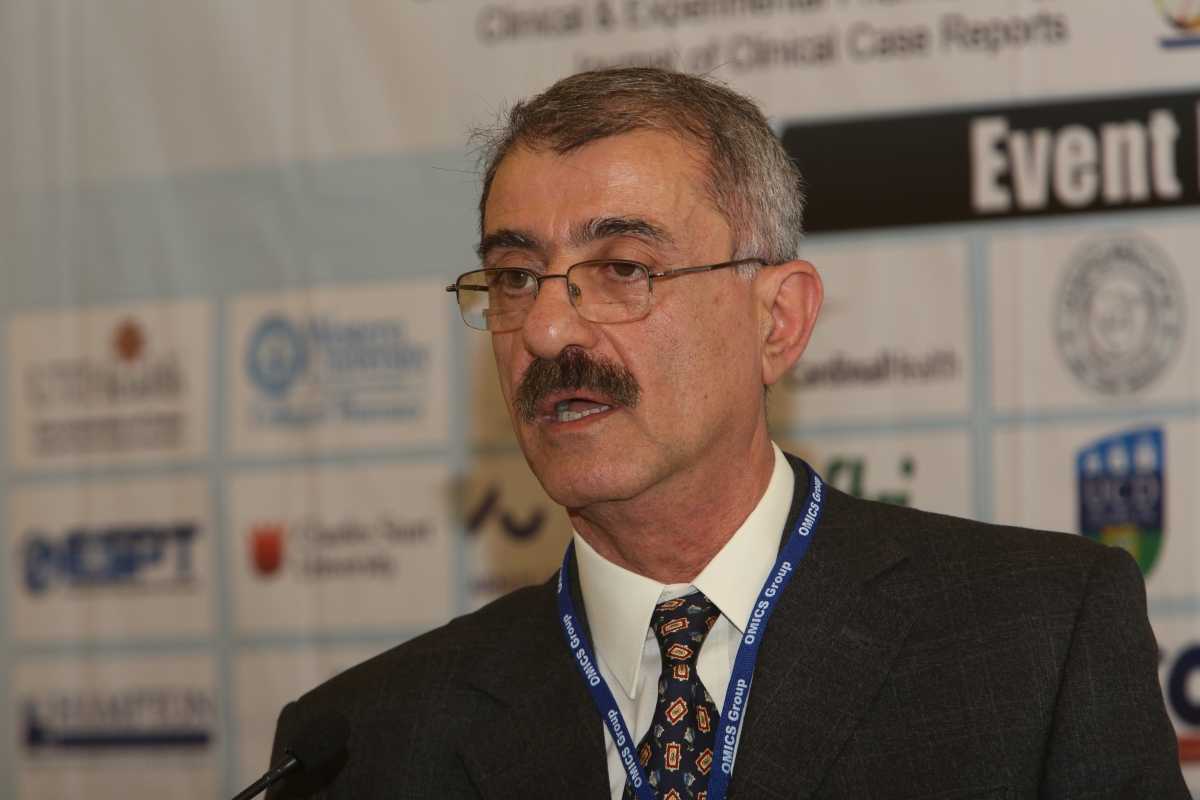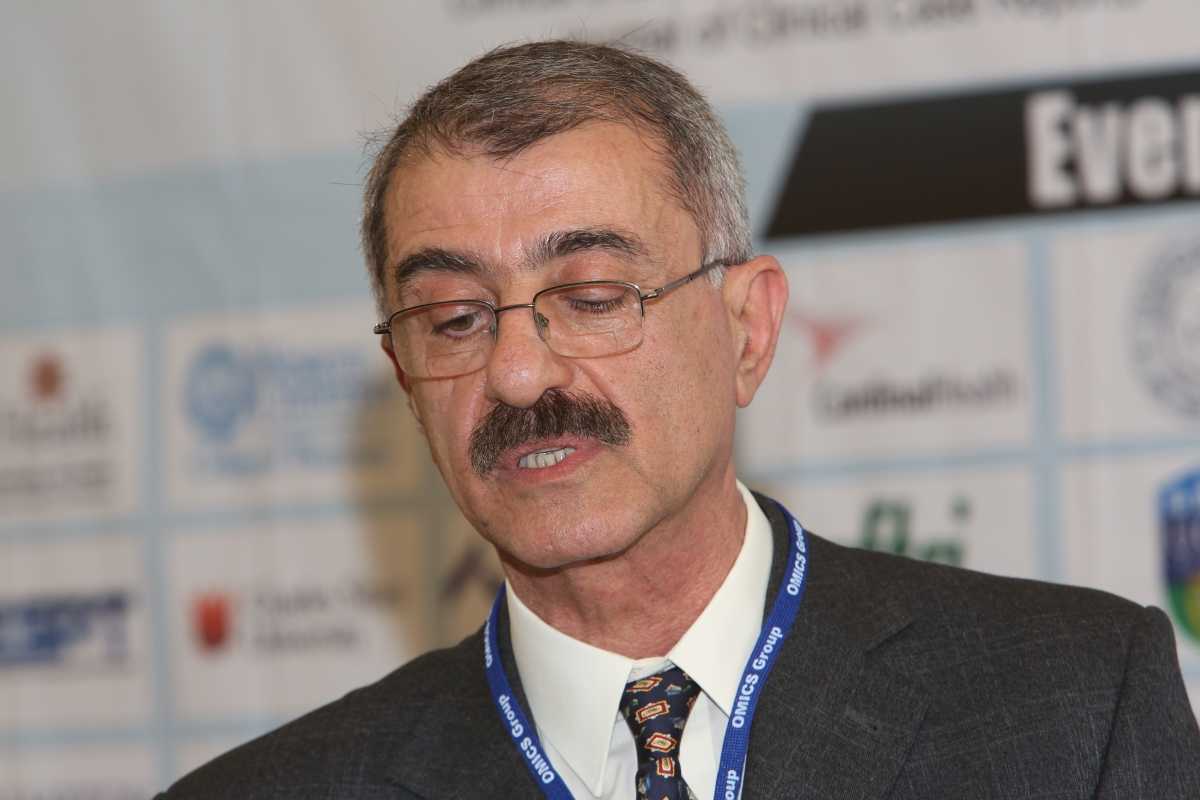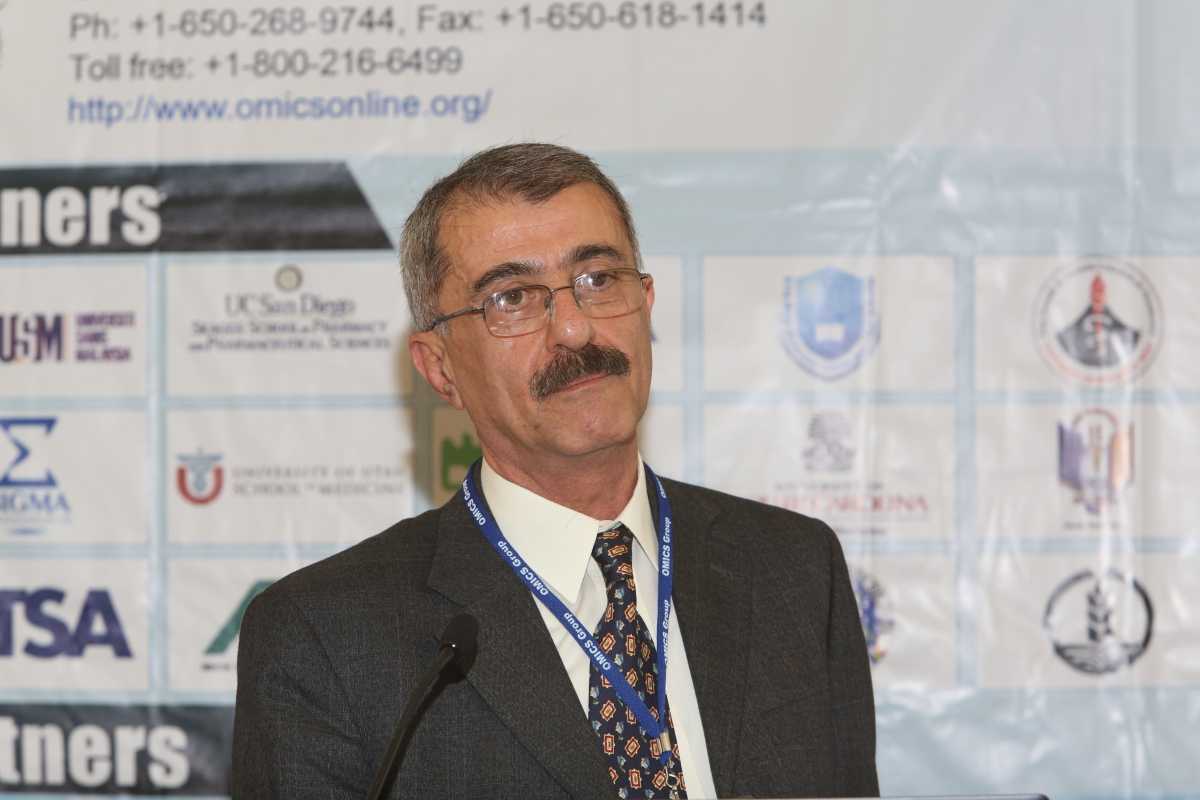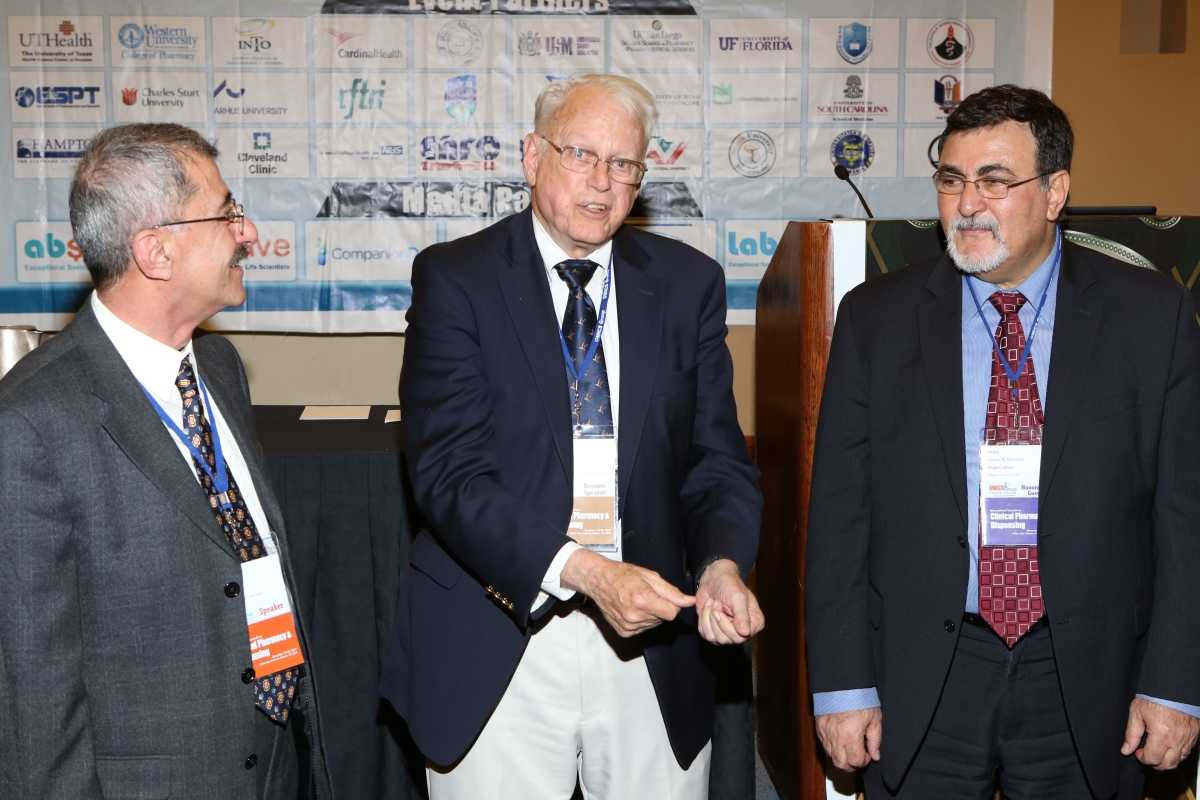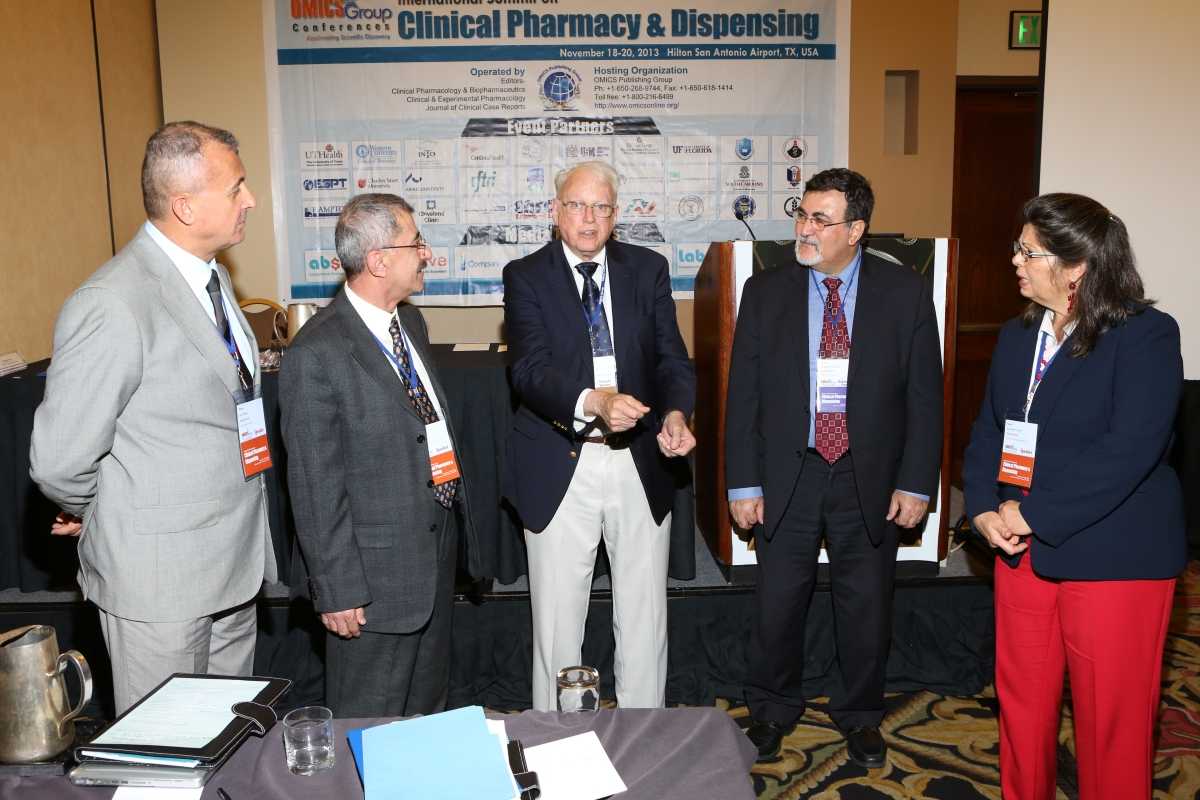
S.H. Akrawi
King Faisal University, Saudi Arabia
Title: Pharmacokinetic interaction between dietary black tea and carbamazepine in epileptic patients
Biography
Sabah Akrawi, Ph.D., graduated from the College of Pharmacy/University of Kentucky/USA. He is an assoc. Prof. of Clinical Pharmacokinetic and Biopharmaceutic and a faculty member at the College of Clinical Pharmacy/King Faisal University/KSA. He supervised 17 post graduate pharmacy students, and he has published more than 24 articles. He is a member of the scientific council of the KFU and chaired many defense committees for graduation of graduate students.
Abstract
Black tea extract (leaves and leaf buds of the plant Camella sinensis) consumption is generally thought to be safe and does not cause medical problem. Carbamazepine (CBZ) is used for the treatment of epileptic patients and it is extensively metabolized by liver enzymes. However, tea components (Caff eine, Th eophylline, and Th eobromine) induce liver enzymes; it may induce the metabolism of CBZ. Furthermore, physician should be aware regarding this interaction. The aim of this study is to predict the possibility of interactions of tea components with the disposition of Carbamazepine (CBZ) in epileptic patients. Th e pharmacokinetic parameters CBZ steady state serum concentrations (CSS) and total CBZ clearances (ClT) were estimated. This study was conducted on thirty six epileptic patients, they were allocated into four groups, patients in group (I) and (II) were already on chronic CBZ treatment, while patients in group (III) and (IV) initiate CBZ therapy during the study. Th e (CSS) for patients in group (I & III), who were tea drinker, are signifi cantly increased aft er (7) days of stopping tea consumption, and (ClT) are significantly decreased. Th e (CSS) for patients of groups (II & IV), who drunk no tea for 7 days before sampling, are signifi cantly decreased after (7) days of drinking tea and the (ClT) are significantly increased. Th e total volume of tea given to the patients in each group is about (400 ml/day). According to these results epileptic patients, who are tea drinker, treated with CBZ required therapeutic drug monitoring.
Speaker Presentations
Speaker PDFs

